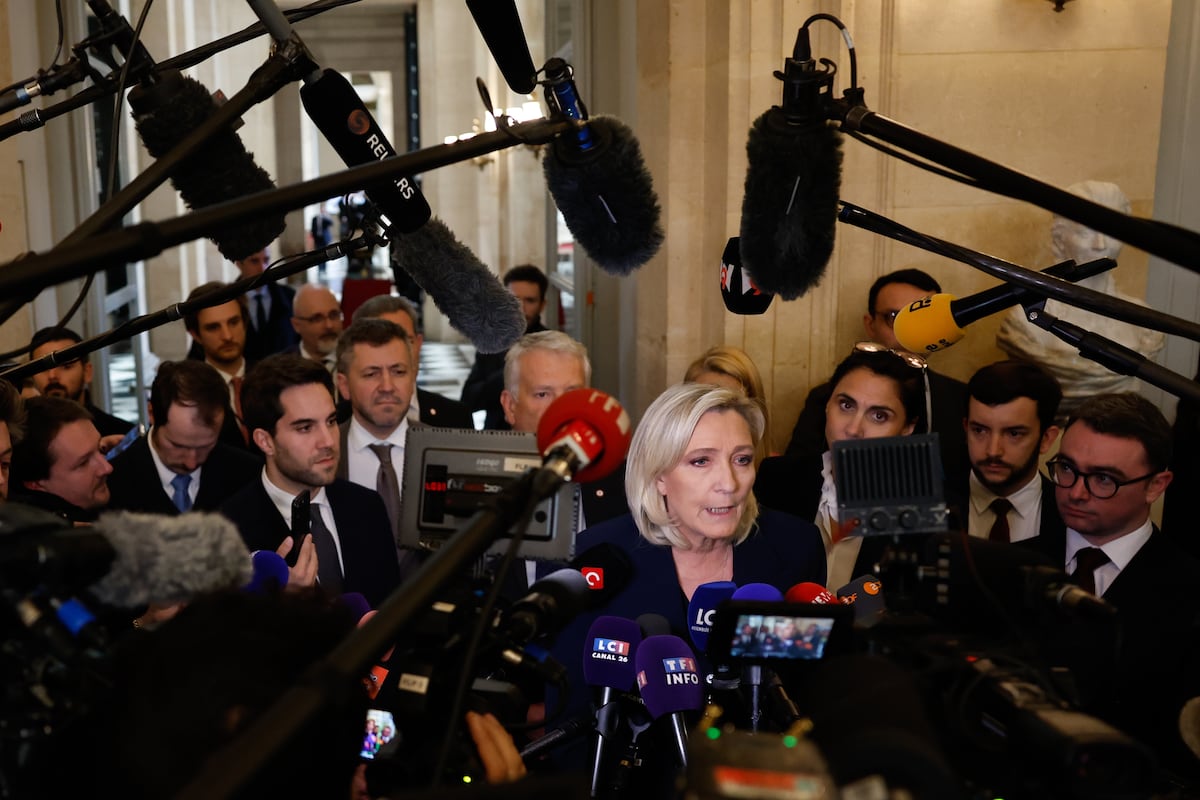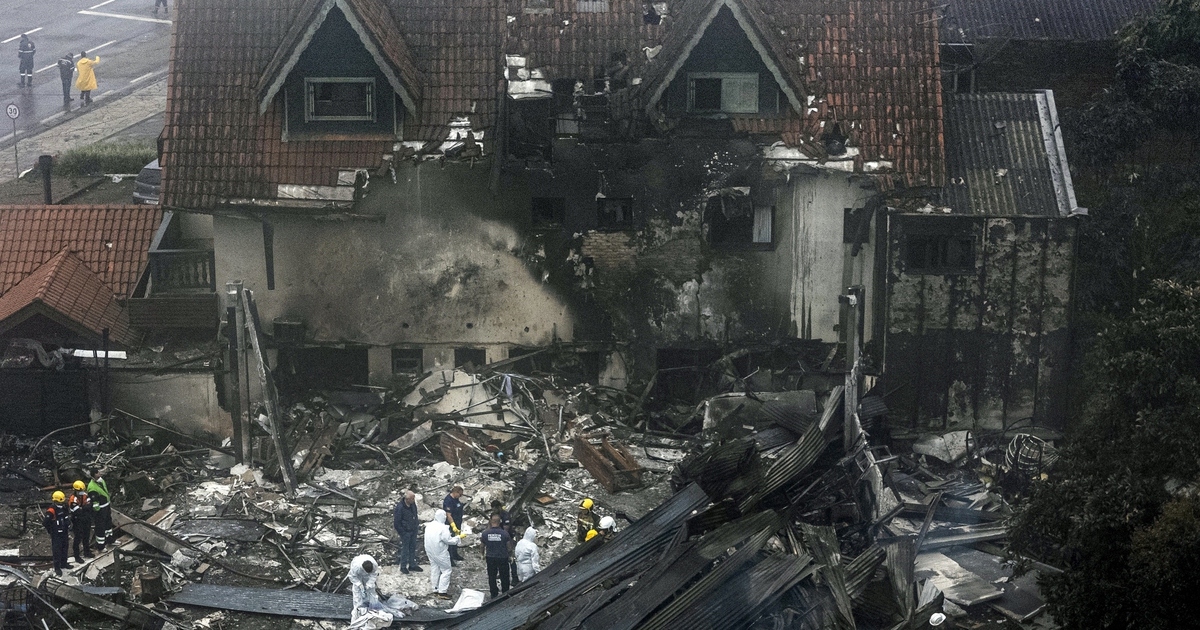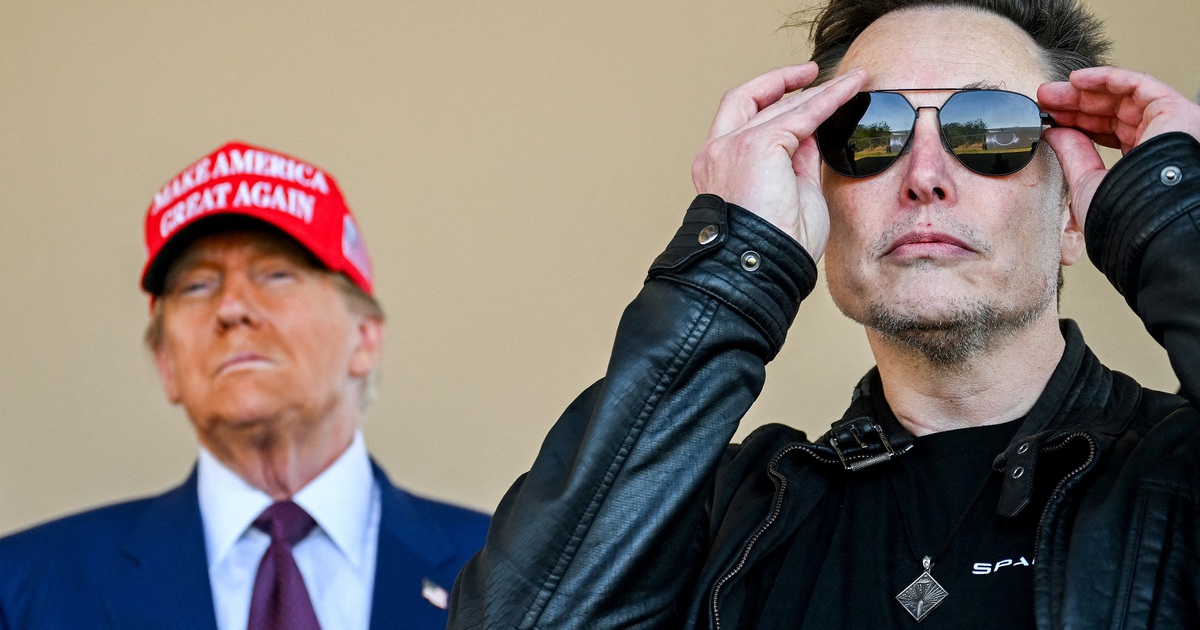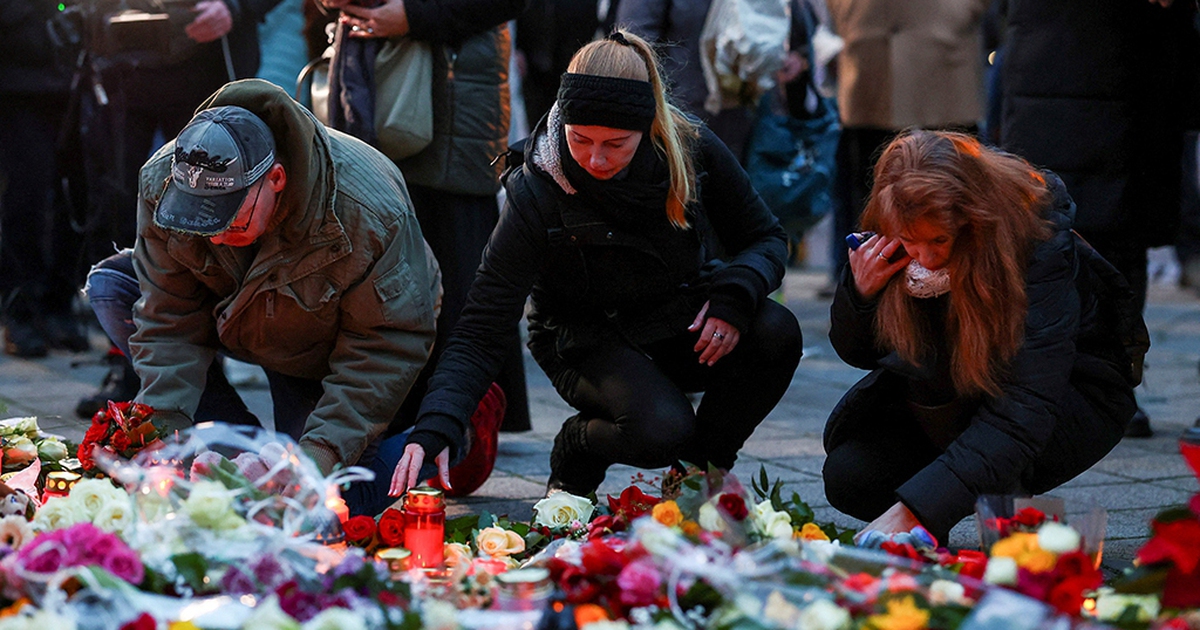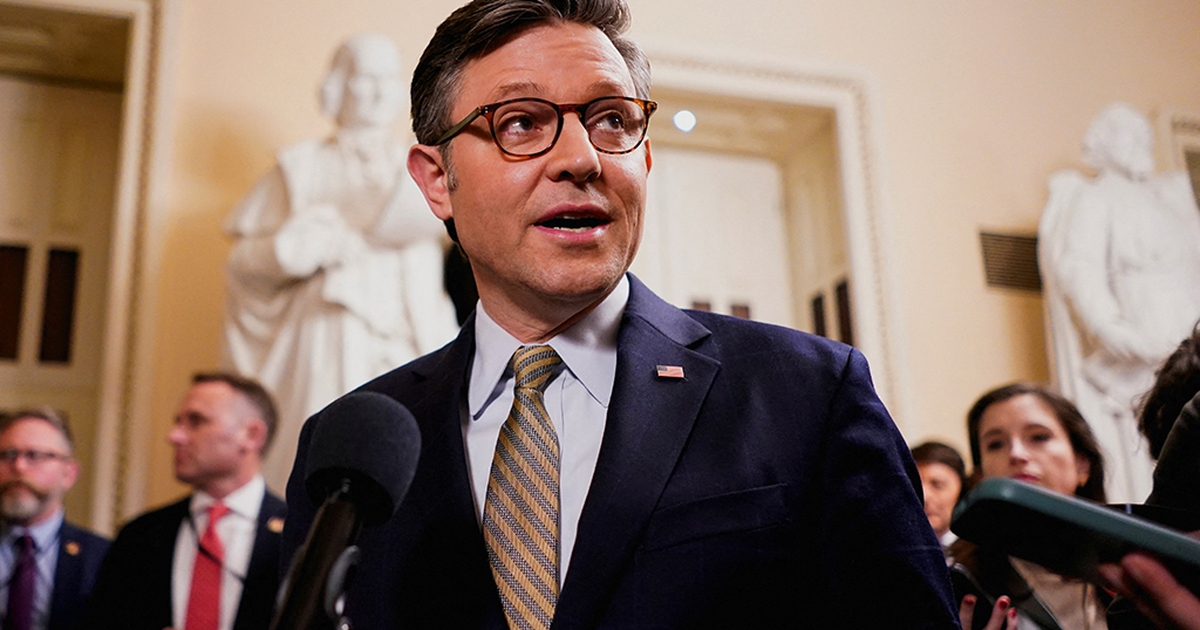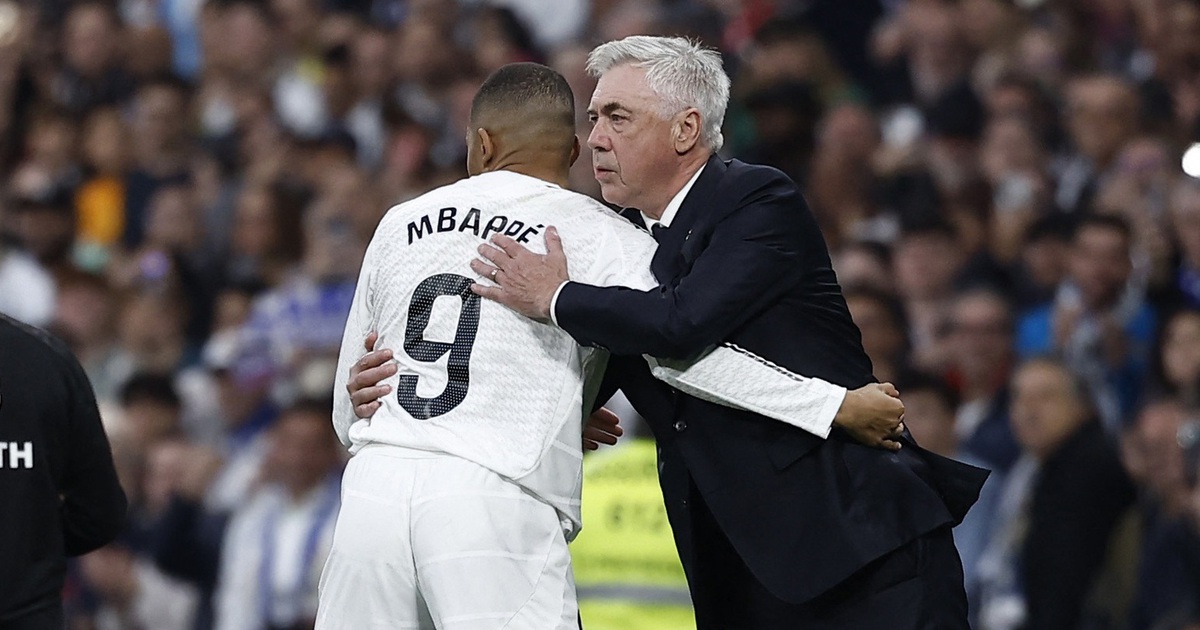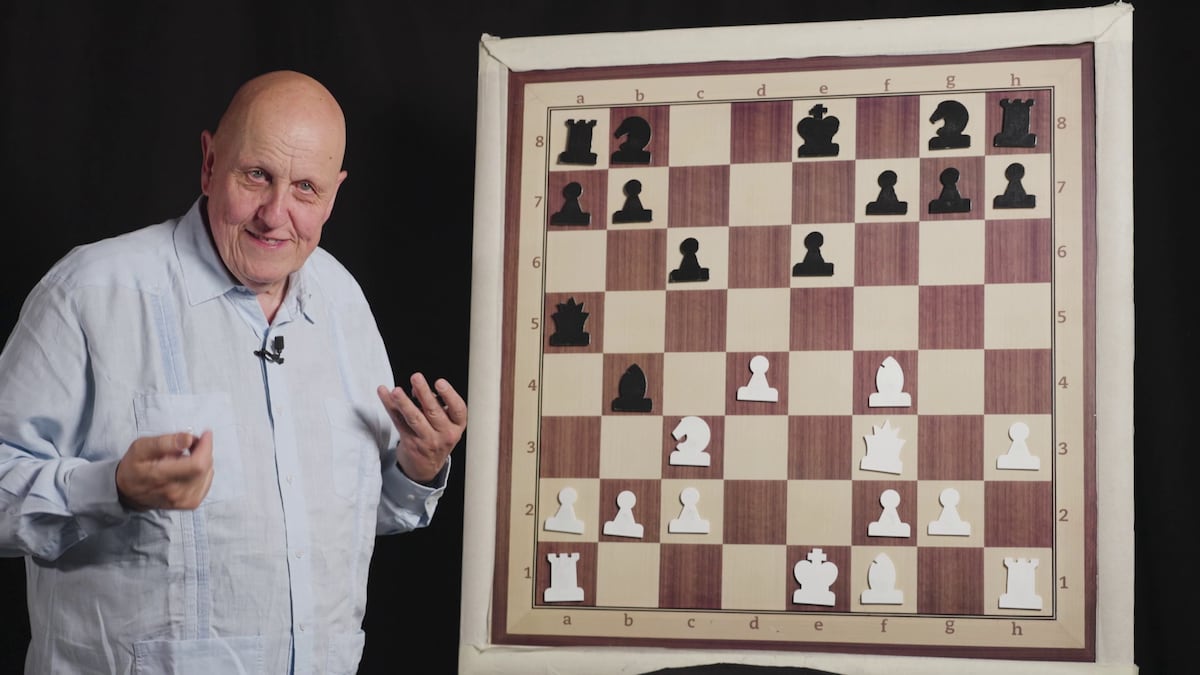The moving truck is preparing to return to Matignon, headquarters of the French Government, just 90 days after unloading the furniture of its current tenant, Michel Barnier. This Monday, after days of negotiating with political groups, the prime minister decided to approve the Social Security budgets through article 49.3 of the Constitution, that is, by decree. The measure directly activates a motion of no confidence from the New Popular Front, the electoral device that brings together the entire left, and another from the extreme right of the National Regroupment (RN), Marine Le Pen’s party. And it is enough for one of the two to vote for the other’s vote for the Government to fall.
“Let everyone assume their responsibilities. I assume mine,” the prime minister launched from the tribune of the National Assembly, looking towards the opposition benches. Barnier is getting closer to being the most fleeting head of government of the Fifth Republic.
The political sequence of recent days leaves several elements for analysis. The main one, however, is evident: the RN lost the elections (despite being the most voted force, with 11 million votes), but it is the one who decides the fate of the Executive. Le Pen has been twisting Barnier’s arm until achieving important concessions in the last few hours: the last, regarding the reimbursement of payment for medicines that she wanted to eliminate to save money. But it hasn’t been enough.
“Things were clear, Michel Barnier did not want to respond to the demands of the 11 million voters of the National Rally, we will assume our responsibility and vote on the motions of censure: first of all, ours,” Le Pen proclaimed, with a stern gesture. and raising his voice, after announcing that they had just deposited the text in Parliament.
The initiative, in any case, could not be voted on until at least 48 hours after being deposited at the parliamentary headquarters. That is, never before Thursday. That would now be the margin, some still believe in the Executive, that Barnier would have to try to convince Le Pen: giving in or putting pressure on the consequences that the destabilization of the country could have on his electorate. “We have arrived at the moment of truth, each one facing his or her responsibilities. It is you, parliamentarians, who will decide whether we enter uncharted territory. “I address you with respect and certainty: the French would not forgive us for preferring particular interests to the future of the nation,” said the prime minister.
unknown universe
Barnier, famous Brexit negotiator and inveterate mountain adventurer, has used both biographical features these days to push forward the budget of the Republic and avoid a motion of censure. First, he tightened the margins of the financial text to satisfy Le Pen, who achieved an important victory last week when the prime minister announced that he would not raise the price of electricity, giving up more than 3 billion in extra income to address the budget hole. of 60,000 million that the Government needs to cover. In addition, he also obtained the promise that free medical assistance for irregular migrants will be reduced. But the margins were exhausted, and Barnier had to use his adventurous side and enter the unknown universe that opens up after the activation of article 49.3 of the Constitution.
The situation is extremely worrying and puts France on the wire. The French public deficit, which in 2023 rose to 5.5% of GDP – which led the European Commission to open an excessive deficit file – now risks worsening to 5.6% this year and even up to 6.2% in 2025 if the urgent measures included in the budget are not taken. Far from being applied – if the Government falls, the current accounts would have to be extended – the political turbulence has ended up infecting the markets and the rate differential between France and Germany (the so-called risk premium, an indicator of the country’s solvency). It expanded again this Monday, reaching close to 86 basis points compared to 81 at the close of Friday.

MOHAMMED BADRA (EFE)
The chaotic situation is the result of the result of the last legislative elections, in which Parliament was fragmented into three almost equal blocks. The New Popular Front (NFP) — the alliance made up of Jean-Luc Mélenchon’s France Insoumise (LFI), socialists, communists and environmentalists — won 193 of 577 deputies, but fell far short of the absolute majority of 289. The presidential bloc , made up of three center and center-right parties, obtained 166; and the far-right RN, 126. Le Pen’s party, despite finishing third in that bloc scheme, became the arbiter of the contest when President Emmanuel Macron did not find a stable absolute majority in Parliament.
If Barnier’s Government ended up capitulating, it would be the first time that this formula has been used since the fall of Georges Pompidou’s Executive in 1962. And it would become the shortest in the history of the Fifth Republic. At this point, Macron, completely out of the game in national politics and who began a trip to Saudi Arabia this Monday, will have to name a new Government in the coming days, something very complicated given this parliamentary balance.

